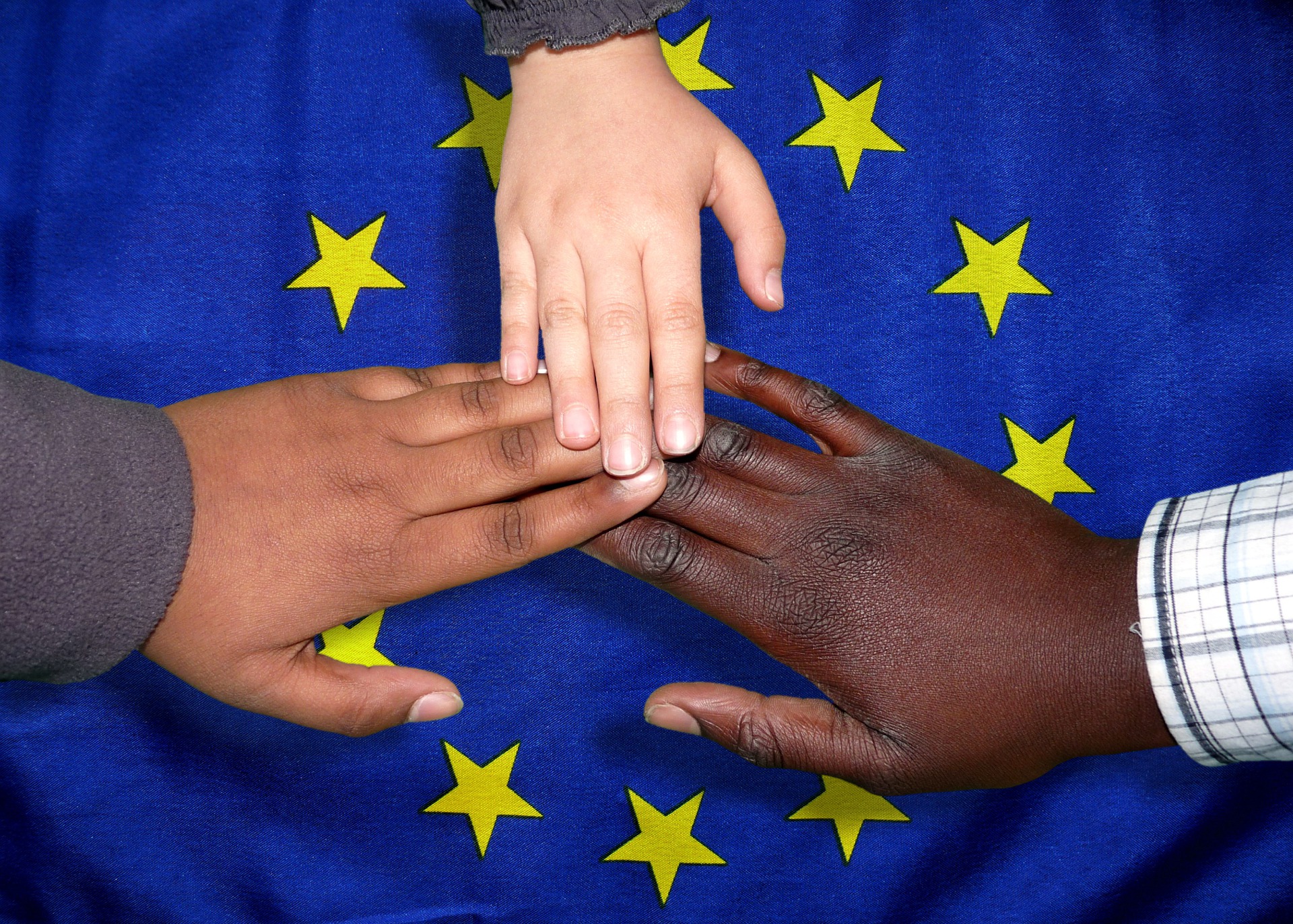Education and training take on a key role in the new Action Plan on Integration and Inclusion, which aims at making ‘Inclusion for all’ a reality for migrants.
Although around 8% of people resident in the EU were born outside of the EU and 10% of young people in the EU have parents with a migrant background, migrants continue to be confronted with numerous challenges, and discrimination is still widespread. For instance, young migrants, young girls and women in particular, are more likely to be unemployed or not participating in education than natives. While 25% of migrants are highly educated and 40% overqualified for their jobs, a fifth of migrants are equipped with only basic competences. Migrants can make an important social and economic contribution to their host community by offering resources, skills and motivation; however, they require support on EU as well as national level to be able to reach their full potential. To this end, on 24 November 2020, the European Commission presented the Action Plan on Integration and Inclusion 2021-2027.
As one of the initiatives mentioned in the Communication on a New Pact on Migration and Asylum presented in September 2020, the new Action Plan builds on the achievements of the previous action plan from 2016. Apart from targeting third country nationals who arrived newly in the EU, it now also addresses people with a migrant background more generally. The plan emphasises that successful integration is dependent on individual efforts as well as on the commitment by national governments. Taking into account specific characteristics such as gender and religion, the actions represent non-binding guidelines for the Member States in the fields of education, employment, health and housing.
The plan highlights education and training as key aspect for migrants’ successful participation in society. It proposes support on EU level through new toolkits in early childhood education, competence development of teachers with regards to culture, language and religion, the co-development of learning programmes with national governments, the promotion of exchanges between Member States and enhanced recognition of qualifications. Whereas in the higher education sector, the Action Plan emphasises the need for improved recognition of degrees, other actions aim at facilitating the assessment and validation of skills of migrants for faster employment and, in general, increasing migrants’ participation, of both women and men, in vocational education and training for up-and reskilling.
Next to EU funding instruments such as the European Social Fund Plus (ESF+) or the European Regional Development Fund, the Erasmus+ programme in particular can support national investments in education aimed at inclusion and integration. A number of EU-level initiatives, including the European Skills Agenda, the European Education Area and the Digital Education Action Plan (see SwissCore articles on EEA and DEAP) emphasise the importance of inclusive and quality education for social and economic development. Likewise, the next generation of Erasmus+ (2021-2027) will be underlined by a stronger focus on the inclusion of disadvantaged and underrepresented groups.
The European University Association (EUA) welcomes the widened and more integrated approach of the Action Plan on Integration and Inclusion. However, it also points out that the role of higher education institutions in the inclusion of migrants goes beyond the recognition of migrants’ tertiary degrees, for instance, by providing modular and flexible pathways that contribute to the up- and reskilling of migrants. Furthermore, collaboration activities among higher education institutions aimed at supporting the inclusion of migrants, and diversity in general, should be supported by adequate funding.

